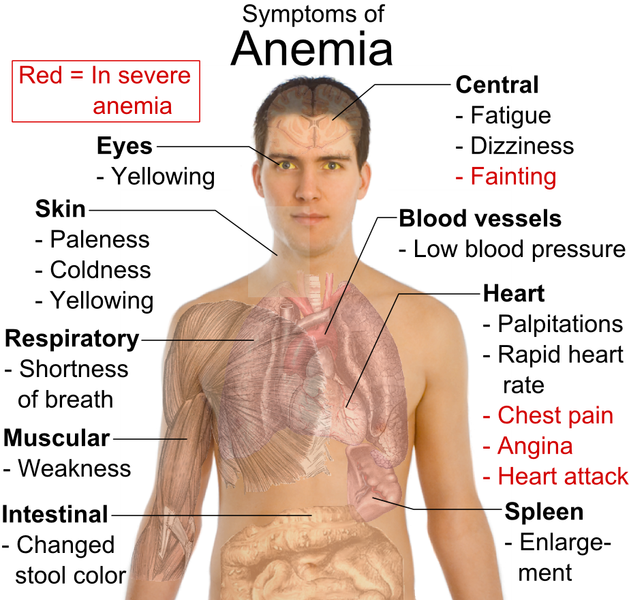
The greatest benefit from CPAP was found for patients who reported the highest levels of fatigue and daytime sleepiness that are hallmark symptoms of untreated obstructive sleep apnea, found in a new study.
The findings, published in the journal SLEEP is one of the first double blind studies showing the impact of CPAP on reducing fatigue and increasing energy, according to lead author Lianne Tomfohr, graduate research assistant in the joint doctoral program at San Diego State University and the University of California, San Diego.
Tomfohr says, “These results are important, as they highlight that patients who comply with CPAP therapy can find relief from fatigue and experience increases in energy and vigor after a relatively short treatment period.”
Fatigue levels were analyzed using the Multidimensional Fatigue Symptom Inventory – Short Form and the fatigue-inertia subscale of the Profile of Mood States – Short Form in a study of 59 adults with an average age of 48. Using the former scale, fatigue symptoms improved from 8.76 at baseline to -0.10 post-treatment and went from 7.17 at baseline to 4.03 post-treatment, using the latter.
On the Epworth Sleepiness Scale, the participants treated with CPAP for obstructive sleep apnea experienced a drop from 13.0 at baseline to 8.9 after treatment.
Obstructive sleep apnea (OSA) that affects two to four percent of the adult population is treatable with CPAP therapy. Controlled pressure delivers air during sleep when the muscles of the throat relax by way of a fitted mask. Symptoms of OSA include snoring, low levels of oxygen during sleep that can lead to a variety of other health problems and periods of not breathing, known as sleep apnea or intervals of shallow breathing.
For the study, diagnosis of OSA was confirmed in a sleep lab using a standard test known as overnight polysomnography. Patients studied who received CPAP therapy versus placebo CPAP experienced increased energy and relief from fatigue in just three weeks. the study authors suggest it may be that CPAP therapy reduces inflammation among patients with obstructive sleep apnea, leading to renewed vitality.
SLEEP 2011;34(1):121-126.